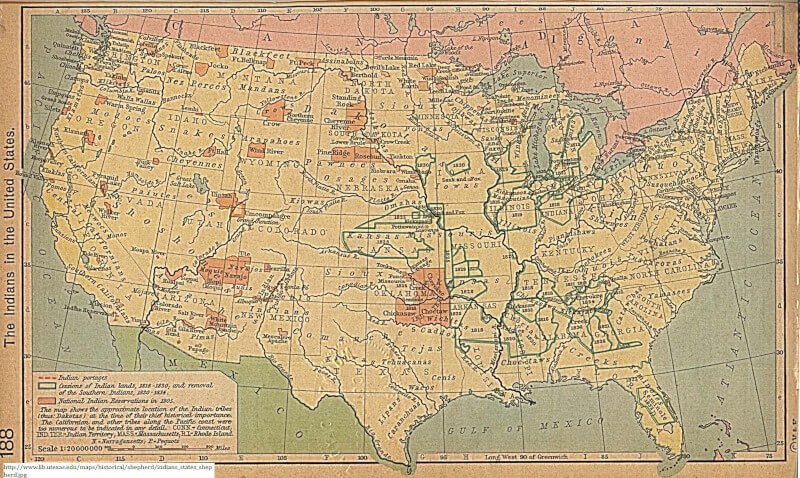Table of Contents
You’ve probably heard of people receiving unexpected inheritance from distant relatives. Have you ever wondered how they were traced given that some had little or no contact with the relative who bequeathed them the wealth? Well, there are professional heir search companies that specialize in finding missing heirs.
Today, the traditional close knitted nature of families is slowly fading away. It’s not unheard of for family members to stay miles away from each other due to work or other personal commitments. There are also many cases of children being born out of wedlock. A result of which is estrangement among relatives.
For such reasons, locating heirs and beneficiaries requires specialized expertise and access to private and public records to aid in the search. As such, trust officers and attorneys seek the services of professional heir hunting firms to help them in their quest of finding the rightful heir.
Types of Heir Search Firms
Do you need to locate a missing heir? There are two types of firms which specialize in locating missing heirs, beneficiaries and unknown heirs. The percentage based firms and non-percentage based firms. Let’s have a deeper look at these heir search entities to understand how they execute their operations.
1. Percentage-Based Search firms
These companies take on heir search assignments without having a predetermined remuneration. Their fees is usually agreed upon with by the missing person when they find them. This type of payment is also known as “no fee to the estate”. There are times that these firms start conducting their search without informing the trust officer or the attorney. Upon locating the heir, these firms usually charge fees ranging between 20-50 percent. Their heir search fees tend to be high especially if the estate in question is large.
2. Non-percentage Search firms
These entities base their service fees on predetermined factors such the nature of the search needed to find the unknown heir and the information available to accomplish the task. Some of these non-percentage heir search entities work on the terms that if they fail to find the missing person, they will forfeit payment. As such, their heir search efforts are usually thorough to avoid such a scenario. Unlike the percentage based firms, non-percentage entities require a court approval before they start executing the search. These firms’ fees are usually settled by the estate from the share due to the person being sought.
How Do these Companies Find Missing Heirs?
The technique used by the heir tracing firms depends on whether the person in question is missing or unknown, the nature of the estate, geographical location, and other factors such as name change. below are some of them.
Extensive research: These entities have the resources to conduct a worldwide research to trace the whereabouts of the missing person wherever they may be. This includes making local inquiries, visiting known family members, searching through documents such as death, birth and even marriage records, looking through online records and so on.
Genealogical Search: Some of these companies have their own genealogists while others outsource for services of renowned geologists. These experts conduct an in-depth forensic research on the unknown person’s ancestry to establish bloodlines with the deceased person. Moreover, they have the ability to conduct international genealogical search. As such, their success rate of locating missing heirs is high.
Publications: There are times when these firms run publications on newspapers and other media platforms. This technique is one of the most recommended by the courts. Even so, this methods success is mostly reliant on someone identifying the picture of the missing. As such it may not be effective when conducting an International search especially if a local paper was used.
Who is considered an Heir in a Will?
Many people tend to confuse an heir with a beneficiary. An heir is a person who receives the estate of a person who died intestate. On the other hand, a beneficiary is a person who has the legal right to collect a property as instructed in a will, insurance policy, trust, or any other legally binding arrangement.
When someone dies without leaving behind a will, their heirs usually receive the property they left behind in accordance with laws probated by the given state.
Most often than not, heirs are usually children, parents, siblings, descendants or other relatives who have blood ties with the deceased person. Spouses are entitled to property via marital, or community laws, as such they are not considered as heirs.
Whenever a will is missing trust officers and attorneys task heir search entities to find these people.







